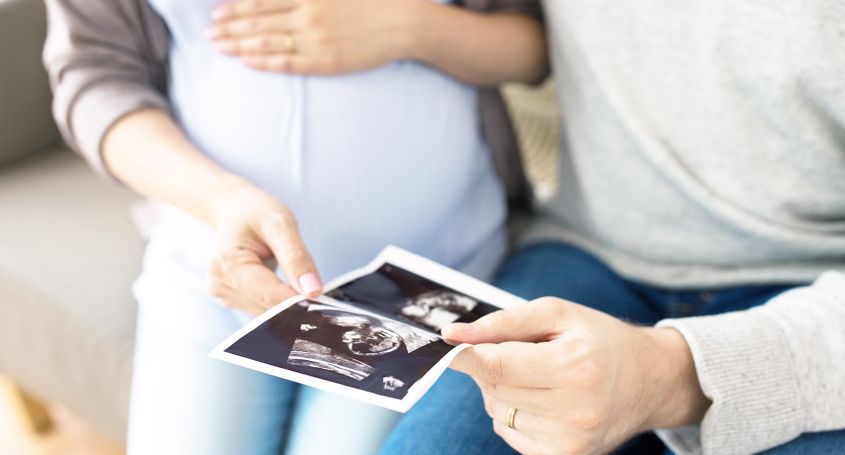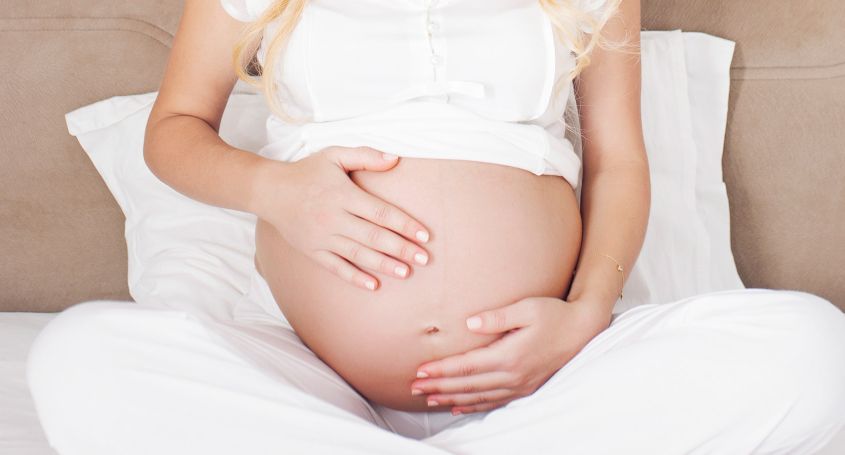
Internet is the most used channel when searching for information on infertility, but the excess of information can be totally misleading. The myths on assisted reproduction are many and this generates doubts and restlessness. In this post we would like to mention some of the most common myths..
A man who has been a father in the past won’t have infertility issues in the future
It’s very common to relate fertility problems to the woman’s age. However, a man’s biological clock also ticks. As with women, age influences man’s fertility. Furthermore, the quality of the sperm can change or worsen due to factors such as being overweight, obesity, smoking, alcohol and diet. Which means this affirmation is incorrect.
When you are looking for a pregnancy you have to wait at least a year to look for medical advice
This is another of the myths on assisted reproduction, as it is not always a good idea to wait for a year. It’s recommended to wait 12 months before visiting a specialist in the field if you are a woman under the age of 35. But if over 35, its best to visit a specialist after 6 months and having experienced various failed attempts. Following a number of analysis, you can rule out the presence of male and female sterility and in view of the new results, can continue trying or obtain help from assisted reproduction.
Having intercourse every day increases the chances of obtaining a pregnancy
This is another of the beliefs, also incorrect, as when an ejaculation is carried out every day, semen decreases in quantity and quality. What’s more, to transform the sexual act into a routine can also cause it to turn into an obligation, and could affect the relationship.
For this reason, it’s recommended to carry out intercourse every other day so the sperm regenerates/recuperates, especially when approaching the mid cycle phase, when ovulation occurs. In this case there are more probabilities of the spermatozoid reaching the egg.
There are postures which are in favor of a gestation
There are no scientific studies which demonstrate that specific postures improve the chances of a pregnancy, as there are no studies that mention the benefits of keeping your legs up after intercourse to help getting pregnant.
Spermatozoids have their own mobility which is independent to gravity. What is truly important is the concentration of spermatozoids with progressive mobility in the ejaculation, not the force of gravity.
Babies obtained from the help of a treatment have more probabilities of suffering health issues in the future
One of the myths which evolves around the assisted reproduction theme is that the conceived babies are usually premature and are born underweight. However, assisted reproduction has no repercussion on the health or size of the new born babies.
Assisted reproduction is more of an ally for the future child’s health than an issue. It can help prevent illnesses thanks to the Pre-diagnostic Genetic Test, a technique where a genetic study is carried out on the embryos before they are transferred into the uterus, with the aim of impeding an avoidable genetic illness in the fetus.
Fertility treatments increase the possibility of having twins, triplets or more babies
Assisted reproduction in not synonym for multiple pregnancies. Many are the studies which currently are aimed at reducing these type of pregnancies and avoid certain complications during pregnancy. The selection of the best embryos is key to transfer a lesser number. This way, egg stimulation, the embryo transfers and the culture techniques in the laboratory have been optimized. The latter helps embryos reach blastocyst stage. Following this procedure, we increase the chances of pregnancy with the transfer of one embryo and hence reduce the chances of a multiple pregnancy.
These are some of the most common myths on assisted reproduction. Remember there are many blogs and forums on the web, but try to always look for those that apply documented information. If you have any doubts, you can always contact a professional in the field. At Barcelona IVF we will be delighted to help out!
 Internet is the most used channel when searching for information on infertility, but the excess of information can be totally misleading. The myths on assisted reproduction are many and this generates doubts and restlessness. In this post we would like to mention some of the most common myths..
Internet is the most used channel when searching for information on infertility, but the excess of information can be totally misleading. The myths on assisted reproduction are many and this generates doubts and restlessness. In this post we would like to mention some of the most common myths..

 Internet is the most used channel when searching for information on infertility, but the excess of information can be totally misleading. The myths on assisted reproduction are many and this generates doubts and restlessness. In this post we would like to mention some of the most common myths..
Internet is the most used channel when searching for information on infertility, but the excess of information can be totally misleading. The myths on assisted reproduction are many and this generates doubts and restlessness. In this post we would like to mention some of the most common myths..

















